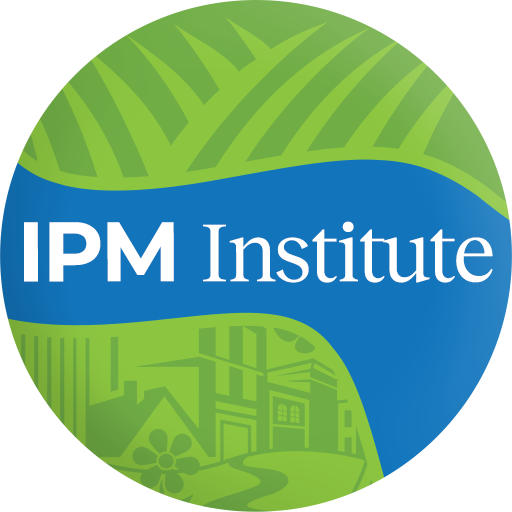Please join us Thursday, December 10th from 1:00-2:30pm CDT for the Tick Integrated Pest Management (IPM) Special Session hosted by the Public Tick IPM Working Group in collaboration with the TickEncounter Resource Center and One Health Lessons!
Tick species and tickborne diseases of medical importance are increasing in number and geographic distribution and generating enormous societal costs in lost productivity and treatment expense.
During this virtual event, participants will learn from and be able to ask questions of world-class experts about tick IPM during the COVID era and natural repellants – do they actually work? Below are more details about the presenters and what they will be presenting about:
Natural Products for Blacklegged Tick Control: How Effective?
Thomas Mather, PhD and Megan Dyer, MS
The University of Rhode Island Center for Vector-borne Disease, Kingston, RI
Dr. Thomas Mather is a professor of Public Health Entomology at the University of Rhode Island and director of URI’s Center for Vector-Borne Disease and its TickEncounter Resource Center. His research focus is on tick ecology, area-wide tick control strategies, tick-bite protection and tick-borne disease prevention.
With more ticks in more places, who wouldn’t want to use green (natural) products for tick control — but do they deliver? Using a novel small plot testing method, a number of commercially available and experimental minimal risk natural products were compared for their knockdown and residual effect against nymphal blacklegged ticks under field conditions. Results and limitations of the screening program will be discussed.
How the Pandemic has Led to Wide-spread Health Education for Children and the Public
Deborah Thomson, DVM
Dr. Deborah Thomson is a veterinarian, a science policy advisor, a first responder, an award-winning public speaker and musician, and an overall One Health advocate. She develops One Health lessons for children ages 6 to 18 so that they can understand the inextricable connection between human health and the health of animals, plants and the environment. Her lessons cover various One Health topics: vector-borne diseases, water-borne diseases, food safety, climate change and more. She is passionate about the science field and has taught her One Health lessons in underserved public schools and online. Based on teacher feedback, she has inspired over 2,000 children to consider a future in science.
When there are challenges, one can also see opportunities for change. While politics, learned behaviors and public perception have gotten in the way for many, there is an ever-growing Global One Health Education Movement that is changing lives around the world for both children and adults. Join us to learn more about how this global movement got started, where it is going, how tick-borne disease education fits into it, and how you can contribute to it while positively impacting your community during these challenging times.
Please click here to complete the registration form if you’re interested in attending. Note: The last day for early bird registration is October 31, 2020; however, registration will be accepted up until the day of the event.


